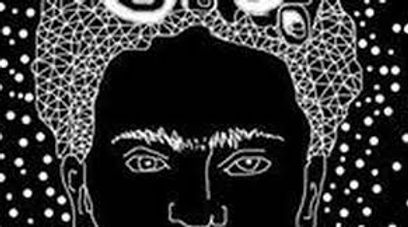
Radical Dimensions of Ecstasy
Uhuru Phalafala
Saturday
17:00 - 17:30
ONLINE
Art/Video Installation

My presentation draws from my ongoing work that explores the notion of the ecstatic in the black radical imagination, intellectual cultures, spiritual practices, and aesthetic traditions. I use the colonially legislated Witchcraft Suppression Acts in southern Africa as a point of departure to map various trajectories in which the ecstatic subverted and contravened oppressive anti-black laws through various (dis)embodiments of southern African indigenous knowledges, belief systems and practices. Here the body is (de)centralized as the bedrock on which the colonial social order is founded, and recast to diagnose colonial Christian capitalist modernity’s “gender problem” whose impact on African patriarchy relegated the black female body as an “absent body” in the making of history. I recast the ecstatic as radical, as a bridge that disorders colonial and patriarchal social organization, as disrupting the privileging of sight/seeing/the visual in ways and forms of being, knowing and becoming in the world, and most importantly, as accessible to and practiced by black and indigenous women. That is, the history of racialized and gendered bodies before, in, and through colonial Christian capitalist modernity forms and informs the black feminist praxis of “somatic abolitionism”.
Uhuru Portia Phalafala (PhD, UCT) is a lecturer in the English department at Stellenbosch University. She is an archivist of black cultural production and a jazz records collector. Her research interests are material cultures, black archives, anti-apartheid and anti-colonial movements, Cold War-era cultural circuitries, and black internationalism. She is currently completing her book project on black radical traditions from the south.
